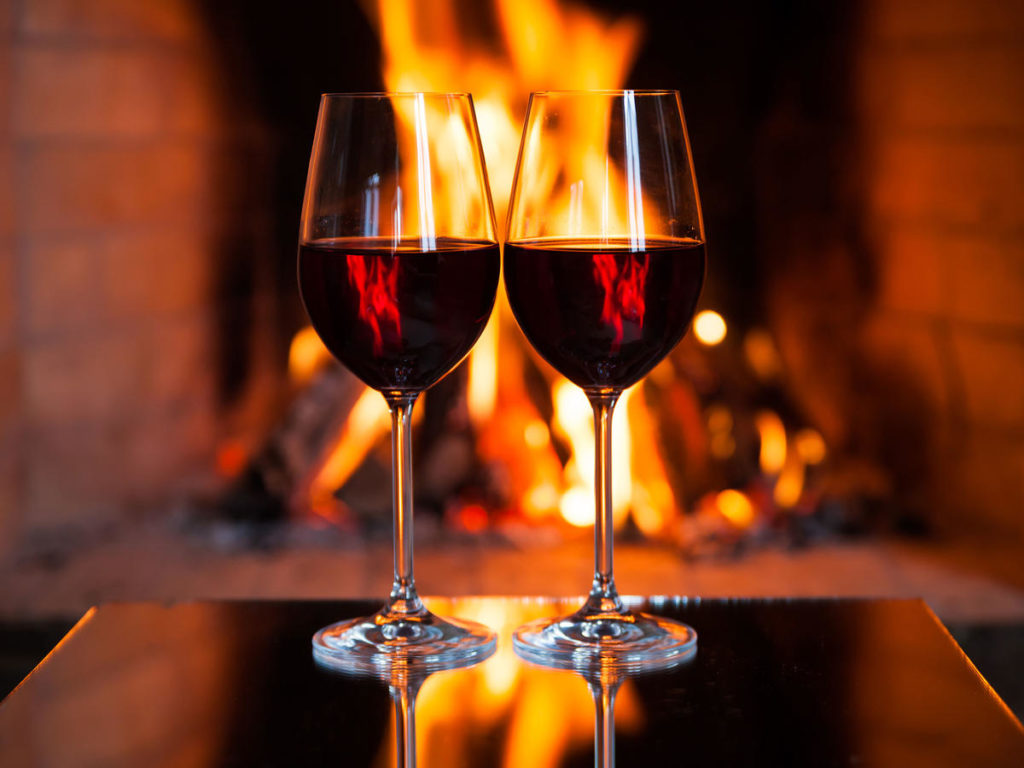
Alcohol has been a part of our society for centuries. We are all damn well aware of its effects on our health both psychological and physiological.
Alcohol is also considered as the fourth macro nutrient and contains around 7 calories per gram. But its neither an essential nutrient nor it has any benefits. It surely can have many negative effects if not consumed in moderation. To mention a few are poor muscle protein synthesis, low testosterone level, poor recovery rate, cancer, liver issues, etc.
Today I want to talk about if one should consume alcohol in cold environment to feel warm??
What is commonly considered about alcohol is that it can keep you warm in cold weather, which is greatly misunderstood. Consumption of alcohol increases blood flow in the skin along with increased loss of body heat which is a result of vasodilation (opening of skin surface blood vessels). It also inhibits naturally occurring shivering mechanism results in the decrease of core body temperature.
Now this effect of alcohol depends on many factors like:
– Amount of alcohol intake (actual alcohol content in the total volume)
At low intakes of alcohol (0.34gram/per kg bodyweight, core temperature is mostly unaffected but high doses of alcohol result in the opposite direction along with low metabolic rate.
In a study it was noticed that when alcohol intake was around 0.79grams/per kg bodyweight, core temperature came down at an even faster rate
– Nutritional value of drink
High doses of alcohol have been linked to hypoglycemia, which is a state of low blood glucose. But there is some data suggesting that when alcohol is consumed with a source of dextrose (example – fruit juice), it might compensate for the effects of hypoglycemia and hypothermia. Be mindful that the total calories intake will go much higher leading to faster weight gain.
– Body composition of the individual
Body composition effects our insulator capacity. A study showed that even with a fall in blood glucose levels, an obese subject did not experience the fall in body temperature compared to what the leaner subjects did during cold weather.
Thus, alcohol intake can increase the risk of hypothermia by affecting our shivering mechanism. Apart from this, alcohol can have many other severe effects on our health too. So, if possible, it should be avoided, but if can’t, moderation is always the answer.
Note: Reference of alcohol in the article is pertaining to pure alcohol concentration which is lesser than its total volume of any bottle.
REFRENCES-
PubMed
Failure of thermoregulation in the cold during hypoglycaemia induced by exercise and ethanol
Alcohol, respiration, skin and body temperature during cold water immersion
Failure of thermoregulation in the cold during hypoglycemia induced by exercise and ethanol
Effects of alcohol on thermoregulation in aged monkeys
Journal of Wilderness Medicine
Alcohol Ingestion and Temperature Regulation During Cold Exposure







